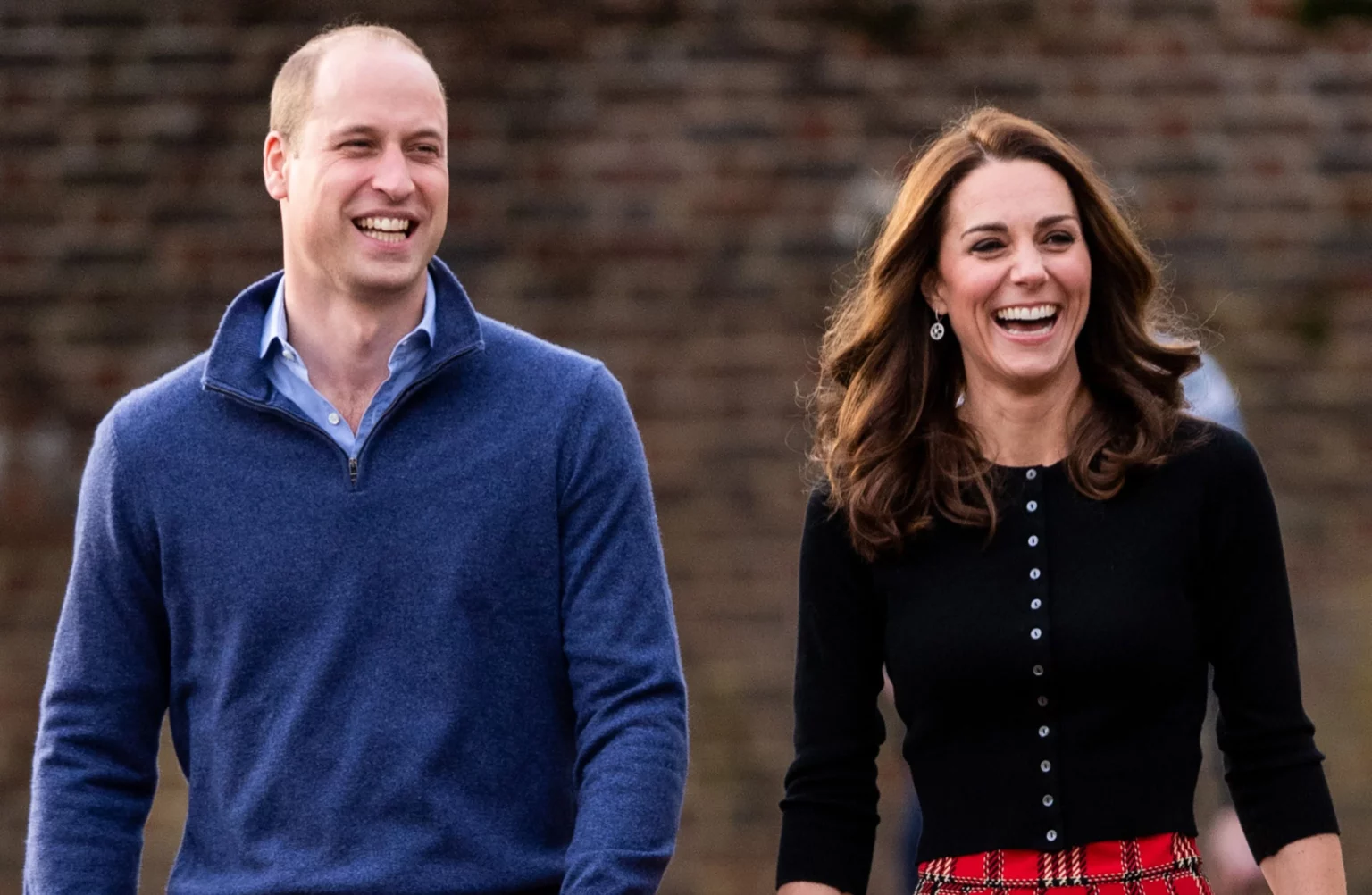Prince William and Kate Middleton have recently made headlines with their job advertisement for a Chief Executive Officer (CEO) to manage their royal household. While the move may appear unconventional for a royal couple, it has stirred a range of reactions from the public.
The job listing for this coveted position sought an individual who possesses “emotional intelligence” and possesses a “low ego.” The role, dubbed a “unique opportunity,” would entail the successful candidate reporting directly to the Duke and Duchess of Cambridge.
The advertisement placed a significant emphasis on specific qualities, including emotional intelligence, a ‘low ego’ disposition, a strong sense of self-awareness, and a keen understanding of how one’s actions can impact others. Additionally, it called for the CEO to adopt a “servant” leadership style, focusing on empowering the senior team. The listing also stressed the need for a leader with a wealth of experience, a deep appreciation for the duties and responsibilities of Prince William and Kate, and the ability to serve as an “inspiring internal champion.”
The job posting quickly generated both support and criticism from various quarters. While some questioned the need for such a role within the royal household, others defended the couple’s decision. One royal observer noted that similar positions have existed in the past, albeit under different titles. Jamie Pinkerton, for example, held a role with responsibilities akin to those of the incoming CEO.
Emili HRH downplayed the significance of the hiring, suggesting that the primary difference might be the job title. They speculated that the couple could be seeking someone with enhanced strategic capabilities to navigate the current socio-economic landscape.
As the public watches closely, Prince William and Kate Middleton’s search for a CEO continues to be a topic of intrigue, sparking discussions about the evolving nature of royal household management in the modern era.




